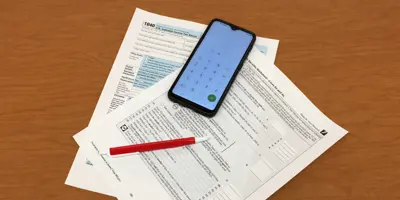Explore Lincoln City Libraries
Discover the services and programs offered throughout Lincoln City Libraries
Featured Stories
Explore the People, Programs and Stories Behind Lincoln City Libraries
News
Springtime Celebrations: Festivals of Joy
From Easter eggs to Holi’s vibrant colors, Passover’s traditions to Ramadan’s reflections—spring is a season of celebration! Explore stories of renewal, light, and togetherness from around the world in this festive book collection.






















